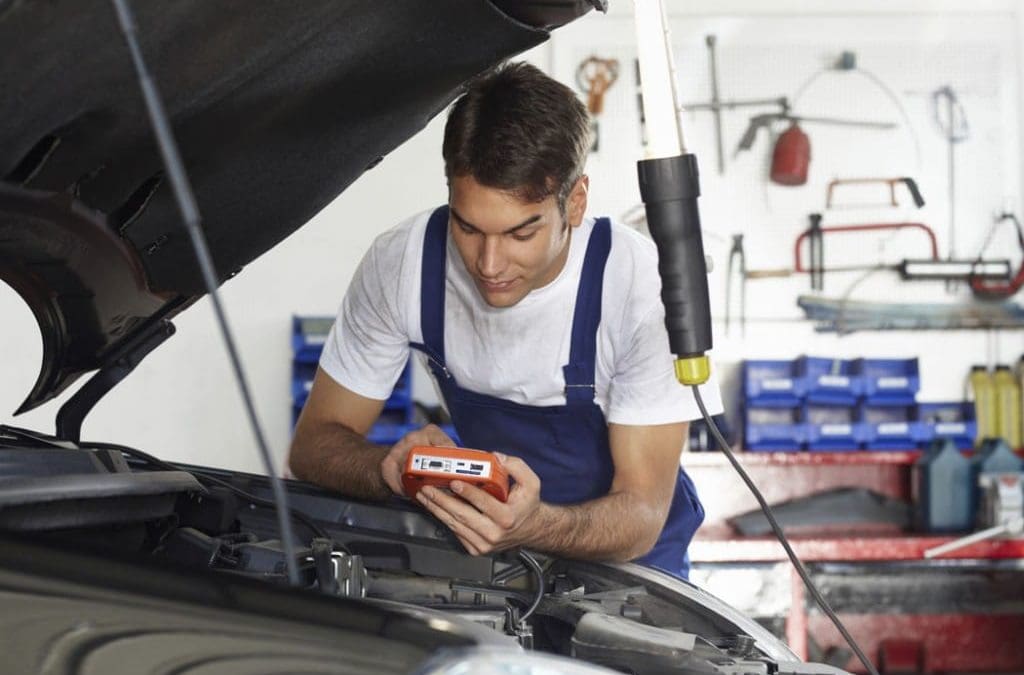In the realm of automotive longevity, a proactive approach to car care is paramount. Regular professional service is crucial, but the foundation of a healthy vehicle lies in the hands of its owner. Here are some DIY car care tips that go beyond the basics, ensuring your vehicle not only runs smoothly but stands the test of time.
Fluid Checks and Changes: Prolonging Performance
Engine Oil: The Lifeblood of Your Vehicle
Regularly checking and changing your engine oil is the cornerstone of DIY car maintenance. Ensure your vehicle is on a level surface, and using the dipstick, assess the oil level and its color. A low level or dark color indicates the need for an oil change. Refer to your car’s manual for the recommended oil change interval, typically every 3,000 to 5,000 miles.
Transmission Fluid: A Smooth Ride
Transmission fluid is the unsung hero behind smooth gear transitions. Locate the transmission fluid dipstick, check the levels, and follow your manufacturer’s guidelines on when to change it. Generally, this occurs every 30,000 to 60,000 miles.
Brake Fluid: Stopping Safely
Maintaining proper brake function is non-negotiable. Check your brake fluid levels and consult your manual for the recommended intervals for a change. This is usually around every two years.
Belt and Chain Inspections: Silence the Whispers of Wear and Tear
Serpentine Belt: The Silent Worker
The serpentine belt, a vital component in your vehicle’s engine, powers multiple systems. Regularly inspect for wear, cracks, or unusual noises. Replacing it every 60,000 to 100,000 miles is a prudent preventive measure.
Timing Chain: Syncing Precision
Unlike a belt, a timing chain rarely needs replacement. However, it’s wise to monitor its condition during regular maintenance. If you hear unusual sounds emanating from the engine, consult a professional promptly.
Battery Care: Powering Up Reliably
Clean Connections: Uninterrupted Energy Flow
Corroded battery terminals hinder the flow of electricity. Periodically disconnect the battery, clean the terminals with a wire brush, and apply a protective coating. This simple step ensures a reliable power supply to your vehicle.
Water Levels: Quenching Your Battery’s Thirst
For vehicles with non-sealed batteries, ensure the water levels are within the manufacturer’s specified range. Regularly check and top up distilled water to prevent battery damage and extend its lifespan.
Tire Maintenance: Where the Rubber Meets the Road
Tread Depth: Traction and Safety
Inspect your tire tread regularly. Inadequate tread depth compromises traction and safety. Consider investing in a tread depth gauge to accurately measure and ensure your tires meet the recommended depth, typically no less than 2/32 of an inch.
Rotation: Equalizing Wear
Rotating your tires promotes even wear and extends their lifespan. Aim to rotate them every 6,000 to 8,000 miles or follow your vehicle manufacturer’s recommendation.
Give Us A Call
Investing time in DIY car care not only saves you money but also fosters a deeper connection with your vehicle. Regular checks and simple maintenance tasks contribute significantly to your car’s longevity and overall performance. By following these comprehensive tips, you empower yourself to be a proactive custodian of your vehicle’s well-being.

